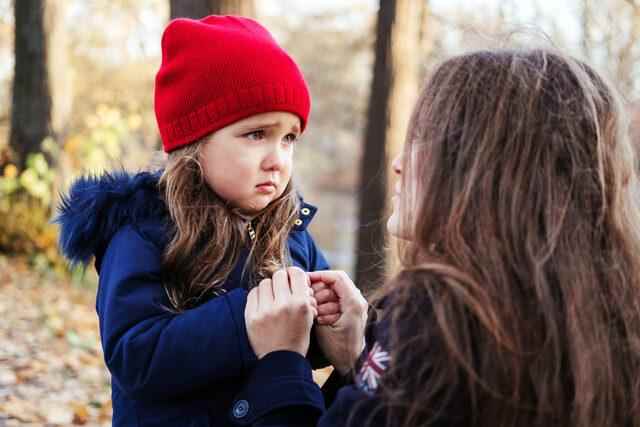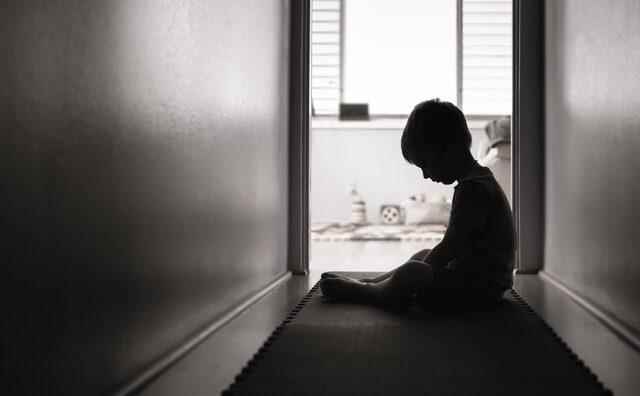Undoubtedly, the people most affected by the earthquake are children. Correct communication with children during this period is of great importance. Thinking that children are not affected by the earthquake and not communicating with them properly can cause big problems. Stating that it is possible to talk about the earthquake in the presence of children during an earthquake, but it is not appropriate to share information and images that contain a lot of tragedy with children, Psychiatrist Dr. Tuğba Kara said, “Listen to your children in a calm, compassionate and accepting manner during the earthquake period.”
EVERY CHILD’S IMPACTION LEVEL IS DIFFERENT
Expressing that everyone is affected by the earthquake to a certain extent, Psychiatrist Dr. Tuğba Kara said that children are more affected by traumatic events than adults. Expressing that every child is greatly affected by the earthquake, Kara said, “Children with emotional sensitivity have a different degree of being affected. Accordingly, the way they express their emotions is different from adults. How we treat them as parents can change the effects of trauma on them. However, how we treat our child in the event of trauma primarily affects how we treat ourselves. We must first start with ourselves. After the earthquake, the person may feel helplessness, anxiety, fear and guilt. If we can understand our own emotions and give appropriate reactions to them, we can respond appropriately to our children’s emotions.
YOU NEED TO SEE YOUR CHILDREN
Stating that each child’s response to trauma and being affected is different, Tuğba Kara said, “In order to understand the emotions of our children, we need to observe them and notice the changes in them. Each child’s response to trauma and the degree of impact is very different. In fact, most children recover from trauma in a healthy way. In children, increased activity or introversion, increased fights, sudden reactions, fear of things that they were not afraid of, not being able to sleep alone, not wanting to leave your side, and asking a lot of questions about the traumatic event or avoiding things that remind them of the trauma can be seen. All of these reactions are normal at a certain time and level,” he said.
KEEP AWAY FROM INFORMATION AND IMAGES CONTAINING TRAGEDY
Stating that the subject of earthquakes can be talked about in the presence of children, however, information and images containing a lot of tragedies should not be shared with children, Kara said, “Difficult times are not the right times to teach your children skills. Therefore, do not take them away from you. If necessary, let them sleep with you and help them meet their basic needs. Let them tell the story without asking too much detail. If your child is not ready to share his feelings and thoughts yet, do not force him and be patient. Listen to them in a calm, compassionate, and accepting manner. When you say, ‘Mom and dad, I’m very scared’, instead of saying ‘It’s too late, he’ll be afraid’, he said, ‘I was scared too. Let’s talk, let’s see, what did you feel, what did you think’ would be more correct to approach.

LET YOUR CHILDREN EXPRESS THEM
When she’s ready for her, ask her how she feels, and explain that you feel the same with non-exaggerated expressions. It is important to explain the uncertainty of children about what will happen next and to calm their anxiety. Do not criticize their behavior that is not appropriate for their age, do not get angry. It is important that you offer your child spaces where he can express himself. For example, activities such as drawing, singing, playing games, writing a diary. It is possible to talk about the earthquake in the presence of children, but it is not appropriate to share very tragic information and images with them. It is important to give information that will be useful to their questions, not to be a pass-through, and to tell them how to protect themselves in the event of an earthquake in accordance with their age.
(UAV)
